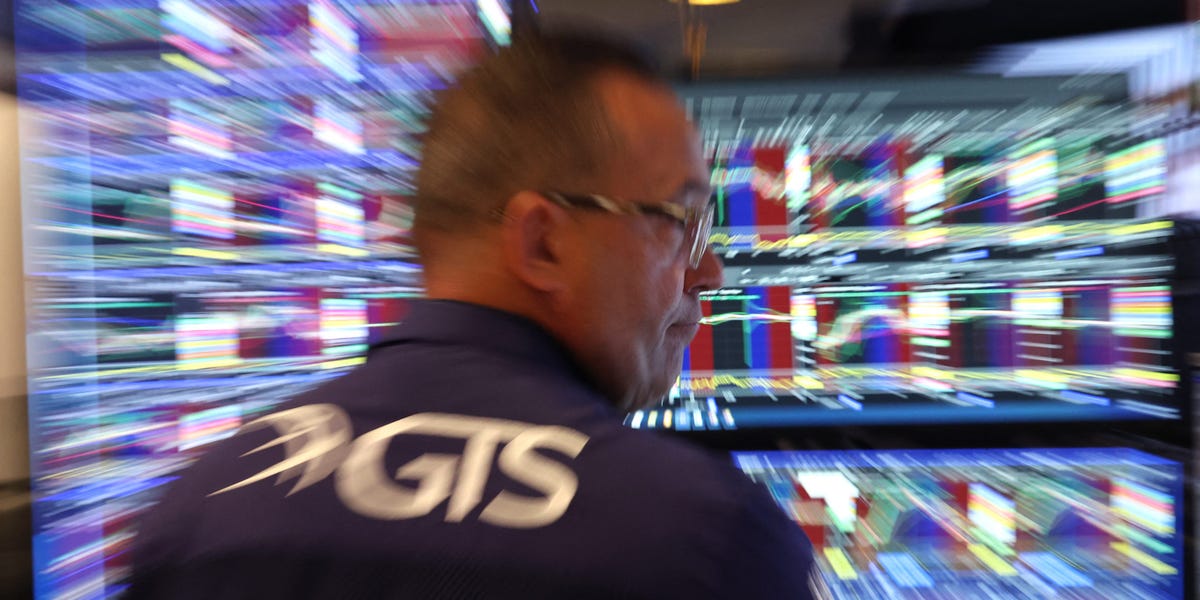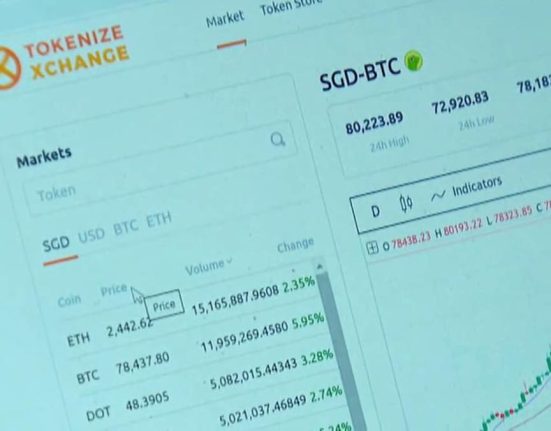Buying the dip during recent tariff volatility has been a profitable strategy this year, but will the so-called TACO trade backfire on bullish investors who are confident that the president will always back down?
It didn’t take long for investors to figure out that Trump doesn’t always mean what he says when it comes to trade policy. The TACO trade — short for “Trump always chickens out,” a phrase coined by the Financial Times’ Robert Armstrong to describe Trump’s habit of backing away from proposals that roil markets— has emerged as a result.
Investors have started not to take Trump so seriously, believing his more extreme policy proposals, like blanket tariffs or firing the Chairman of the Federal Reserve, are just a bluff.
But Ben Inker, the co-head of asset allocation at GMO, argues that this approach may backfire.
Markets have acted as a check on Trump this year. The president paused tariffs in April after historic sell-offs in both stocks and bonds, and he’s backed down from ideas like firing Jerome Powell as Fed chief after markets balked at the prospect.
Now, with investors seemingly less willing to sell after every bold proposal Trump makes, he may have little incentive to back off from his trade war, which he has ramped up again this week. He recently announced 25% tariffs on Japan and South Korea, and 50% tariffs on Brazil, and 35% on Canada.
Stocks dipped on Friday, but it was nothing like the sell-off in April, despite some tariffs announced in the week being steeper than expected.
“What we’re seeing today is Trump being much more aggressive,” Inker said.
He said that Trump’s recent announcement of 50% tariffs on Brazil is “an aggressive stance that sort of presumes you can do whatever you want, which is quite different from what we saw with the backdown from the Liberation Day tariffs when the bond market started going crazy,” Inker said.
“In the absence of the financial markets telling him to back off, he won’t back off,” he added.
Investors lately haven’t been pricing in downside risks. The S&P 500 and the Nasdaq hit all-time highs on Thursday, and valuations are high
Inker said that the benchmark index is probably close to 40% overvalued.
“The US stock market looks quite expensive. Not as expensive as it was in 2000, but expensive relative to just about any other point in history,” Inker said. “And its valuation to the rest of the world is basically at an all-time high.”
The most attractive opportunities within stocks at the moment are deep value stocks and developed-market stocks outside of the US, Inker said.








